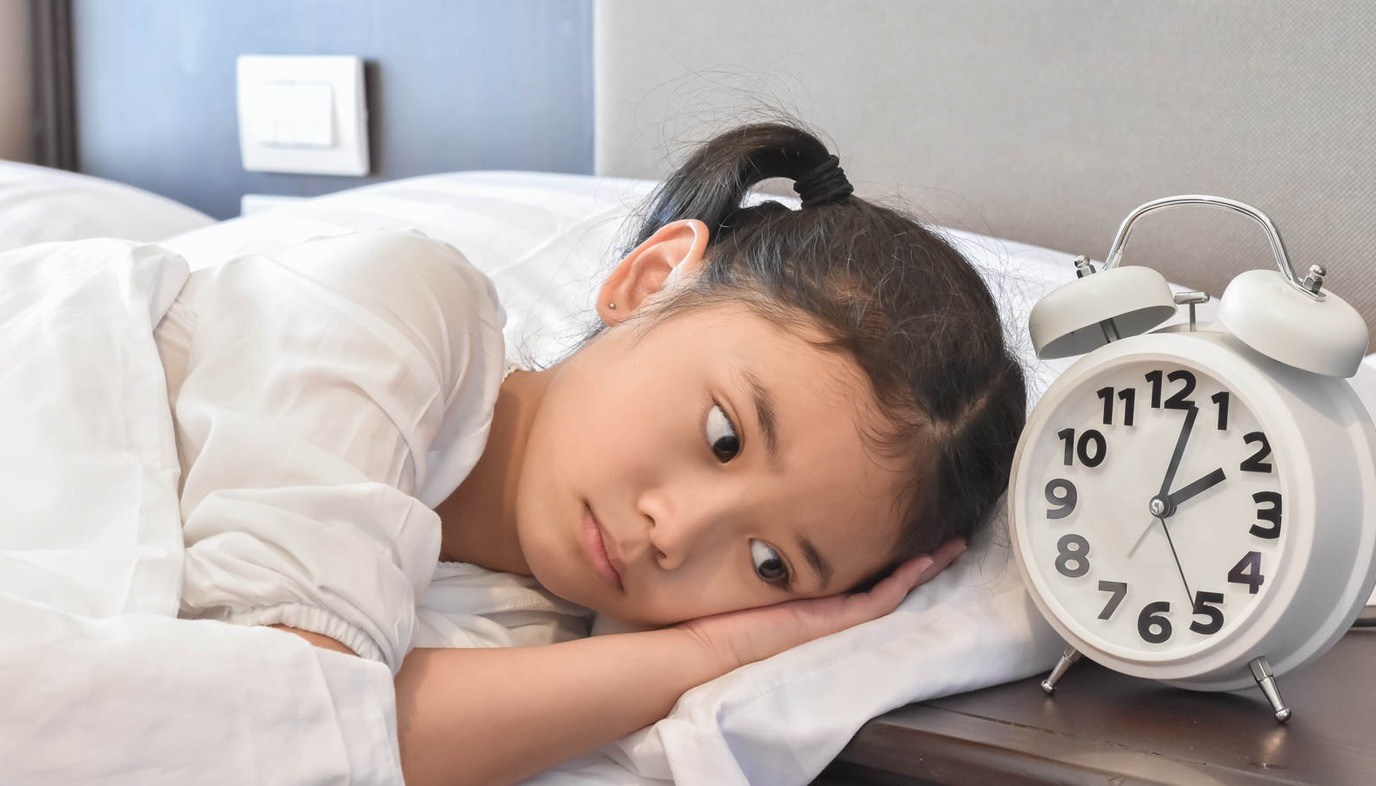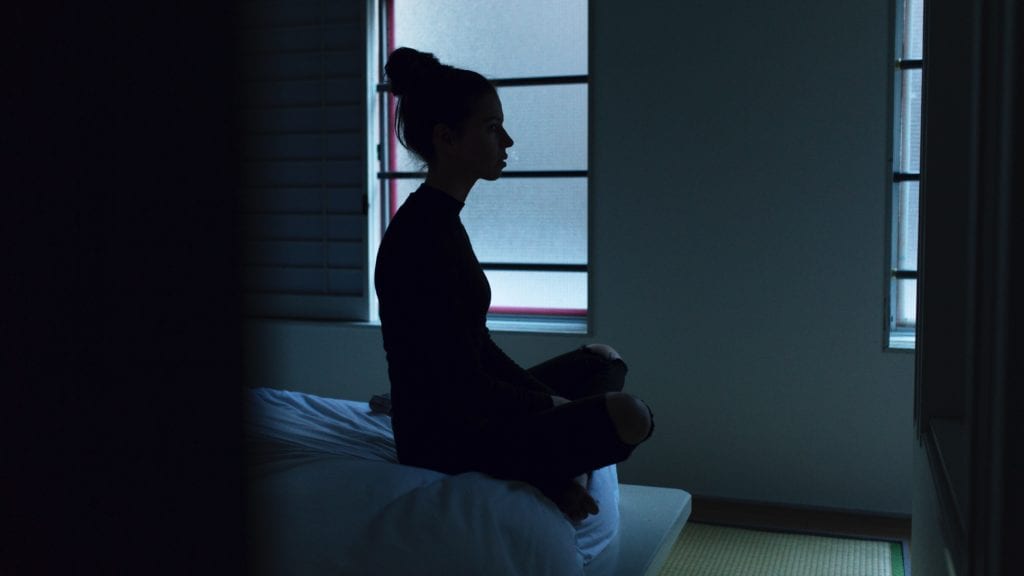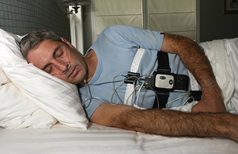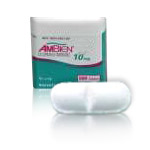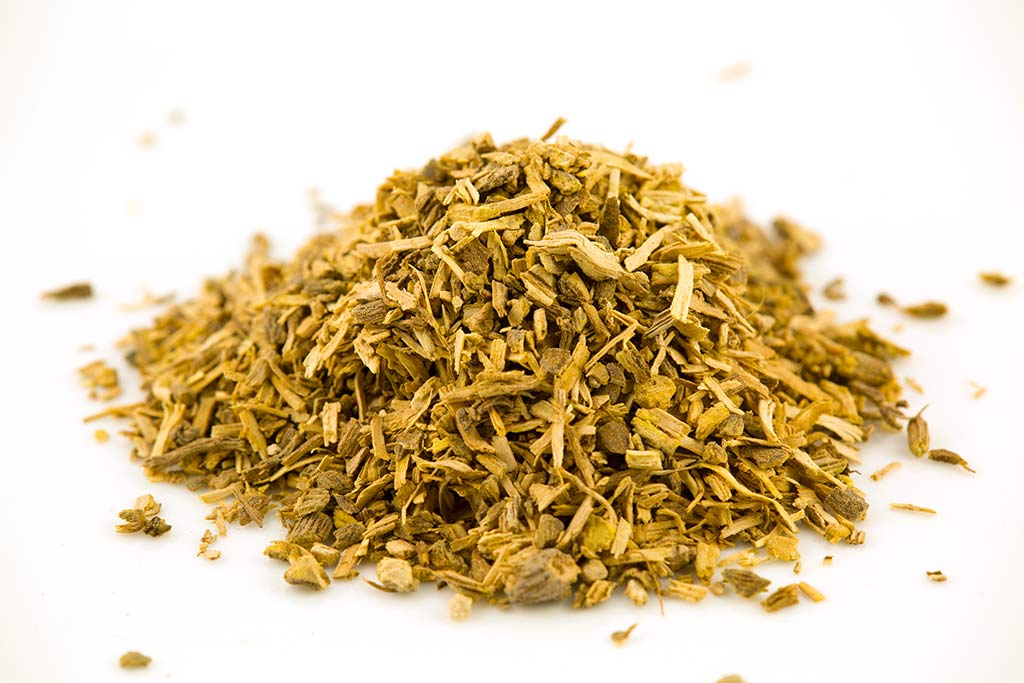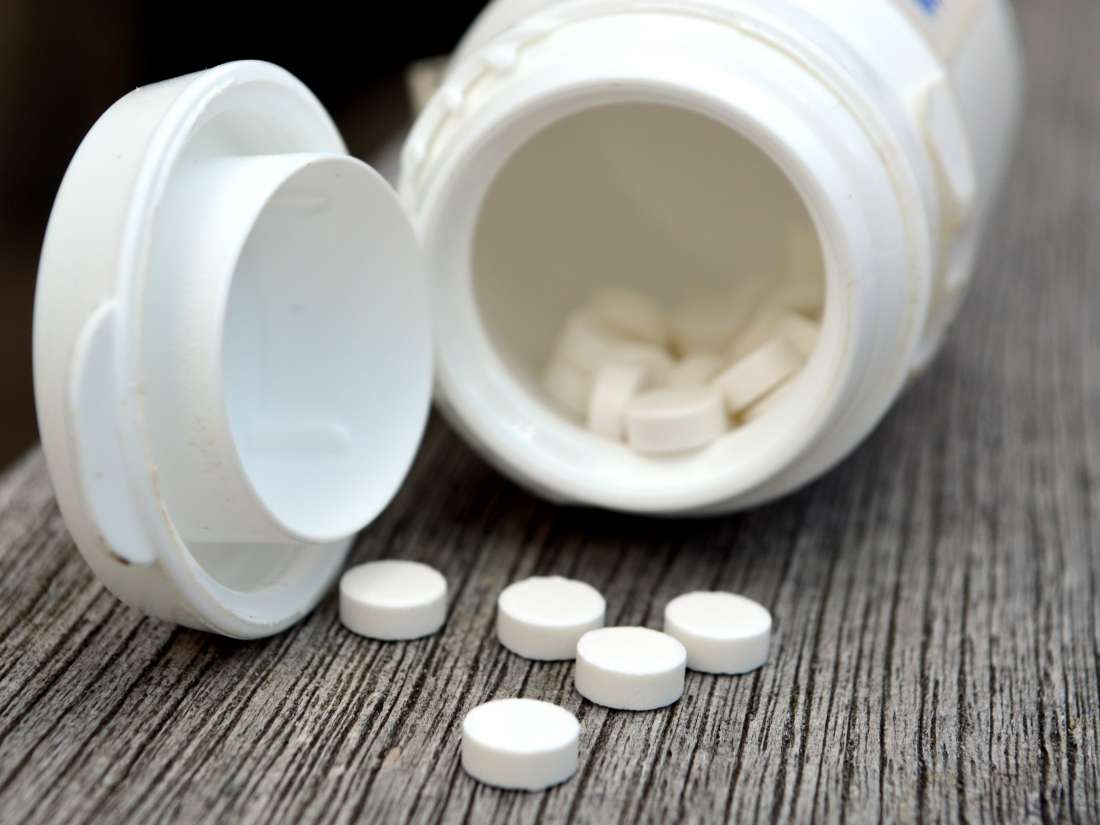Also learn about causes and Treatment Options
This Page on Sleep Apnea in Infants Symptoms is the concluding part of Sleep Apnea in Infants page.
Start reading from there to get the full article. Now let’s talk about Sleep Apnea in Infants and its Symptoms.
When Your Child Snores . . .
Not all babies snore but when your baby snores while sleeping It might be a sign of Apnea.
If your baby snores, he/she might be experiencing a prolonged partial blocking or labored breathing. When this happens, your baby will not sleep soundly because their oxygen intake is below the optimal level.
Due to the low intake of oxygen, the baby breathes through the mouth instead of the nose and is very restless and babies with prolonged deprivation of oxygen will suffer from discoloration causing them to appear blue and pale.
This could lead to a condition called Apparent Life Threatening Event (ALTE). If this happens, you should take your baby to the doctor immediately as this is an emergency.
Snoring is the most prominent Sleep Apnea in Infants Symptoms.
Causes of Sleep Apnea in Infants
One of the major causes of Sleep Apnea in Infants is immaturity of the nervous system. Other causes include,
- Bleeding in the brain during delivery.
- Exposure to drugs or poisons.
- Births defects including abnormalities in facial characteristics like a receding chin.
- Infections.
- Respiratory conditions like asthma and allergies.
- Gastrointestinal problems.
- Problems with the heart or blood vessels and
- Low blood sugar.
Sleep Apnea in Infants can also been traced to weight problems from prematurity or low birth weight.
Babies whose mothers are young, especially in ages under 20 and those from lower socioeconomic groups, have tendencies of having sleep apnea.
Sleep Apnea Treatment in Infants
Getting informed about Sleep Apnea in Infants makes it possible to prevent and handle the risks associated with this condition. It is even more eaiser when you know the sleep apnea in infants symptoms.
- Having regular and proper pre-natal care helps you to avoid having a baby that is at a high risk of sleep apnea.
- If it is caused by enlarged tonsils and adenoids, surgery may be needed to remove them and restore your child’s breathing to normal.
- I would also advise you to follow the medical counsel and recommendations given by your doctor when and if your baby has been diagnosed with infant sleep apnea.
Taking safety measures at home and in the car also helps to reduce the occurrence of sleep apnea in infants symptoms.
- Try to always put your baby in a position that allows his airways to remain clear, like laying them on their back and keeping their neck slightly extended.
- Try to avoid anything that swirls your baby. Things like bouncy seats, swings and baby carriers must be avoided. It is important to use infant positioning in the car seat or bouncy seat to improve positioning.
- If you are a smoking mother, or you have someone who smokes around the house, make sure your baby is not close by.
- Also make sure that the temperature of your baby’s bedroom or nursery is not high.
- Beddings should always be washed. A clean environment eliminates dust, dust mites and pollen which can cause a respiratory disease and increase the risk of apnea.
Also, If your baby is a high risk infant and very prone to this disorder, I advise that you learn Cardiopulmonary Resuscitation Training (CPR). You can also have some CPR videos at home which you can watch from time to time to help perfect your skills.
The Respiration Monitor
This is a specialized instrument that is used to monitor sleep apnea in infants. It senses minute chest movements caused by breathing and It also checks and records chest movements as well as your baby’s heart rate.
If your baby stops breathing for 20 seconds or his respiration drops below 8 breaths in a minute, this machine picks the sleep apnea in infants symptoms, then an alarm is triggered.
Another popular treatment includes the use of nasal continuous positive airway pressure (CPAP) machines at night. This delivers air through the airway with a specially designed mask. You can learn more about CPAP machines on this page.
Some doctors also treat with the use of supplemental Oxygen, Steroids and Antibiotics, but as always I would advise you to see your doctor for a proper consult and also stick to what he advises. If you are not convinced you can seek another expert’s opinion
If your baby is experiencing prolonged and labored breathing or has stopped breathing, nudge him gently to elicit a response. If there is none, please dial 911 immediately.
